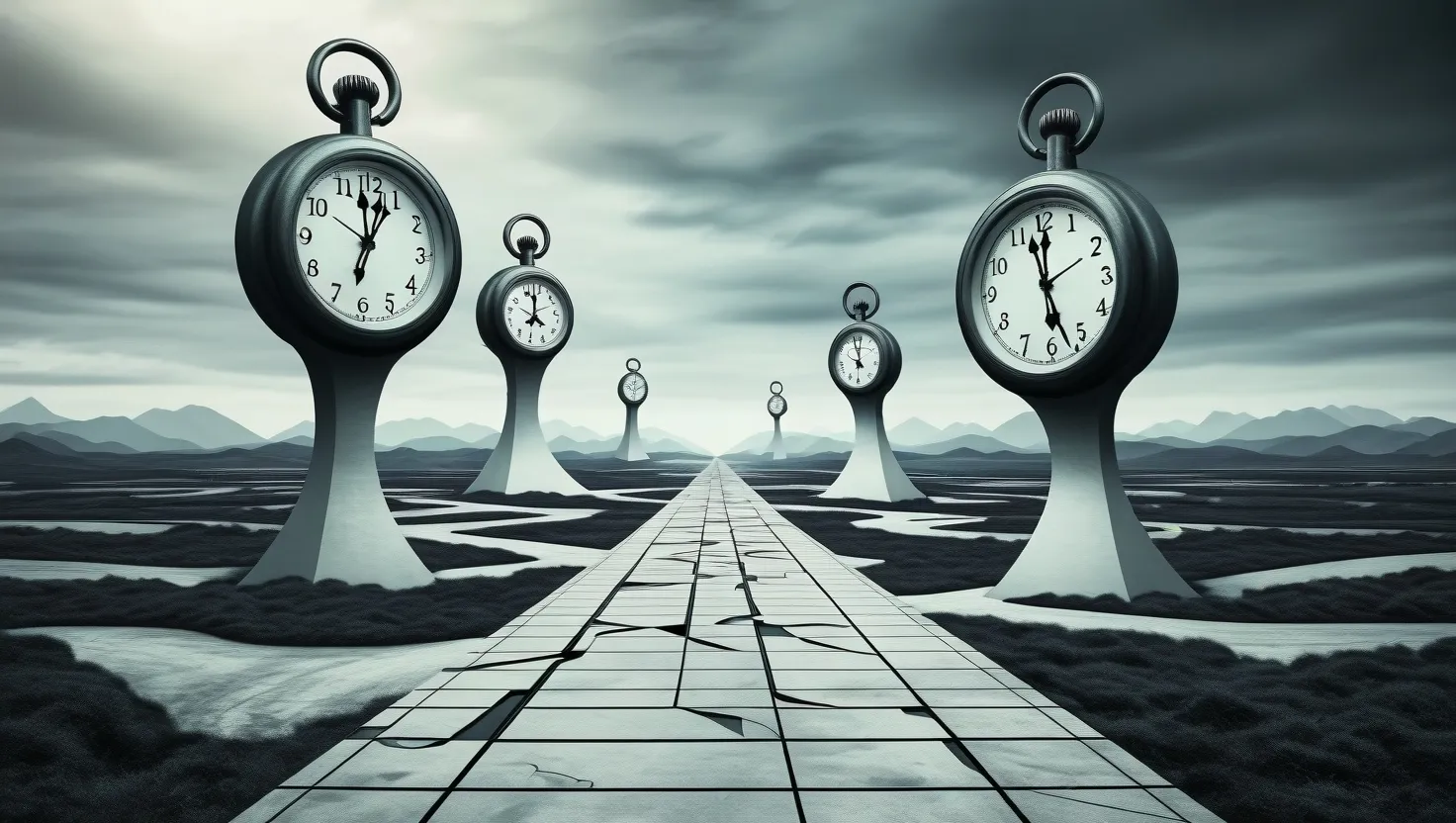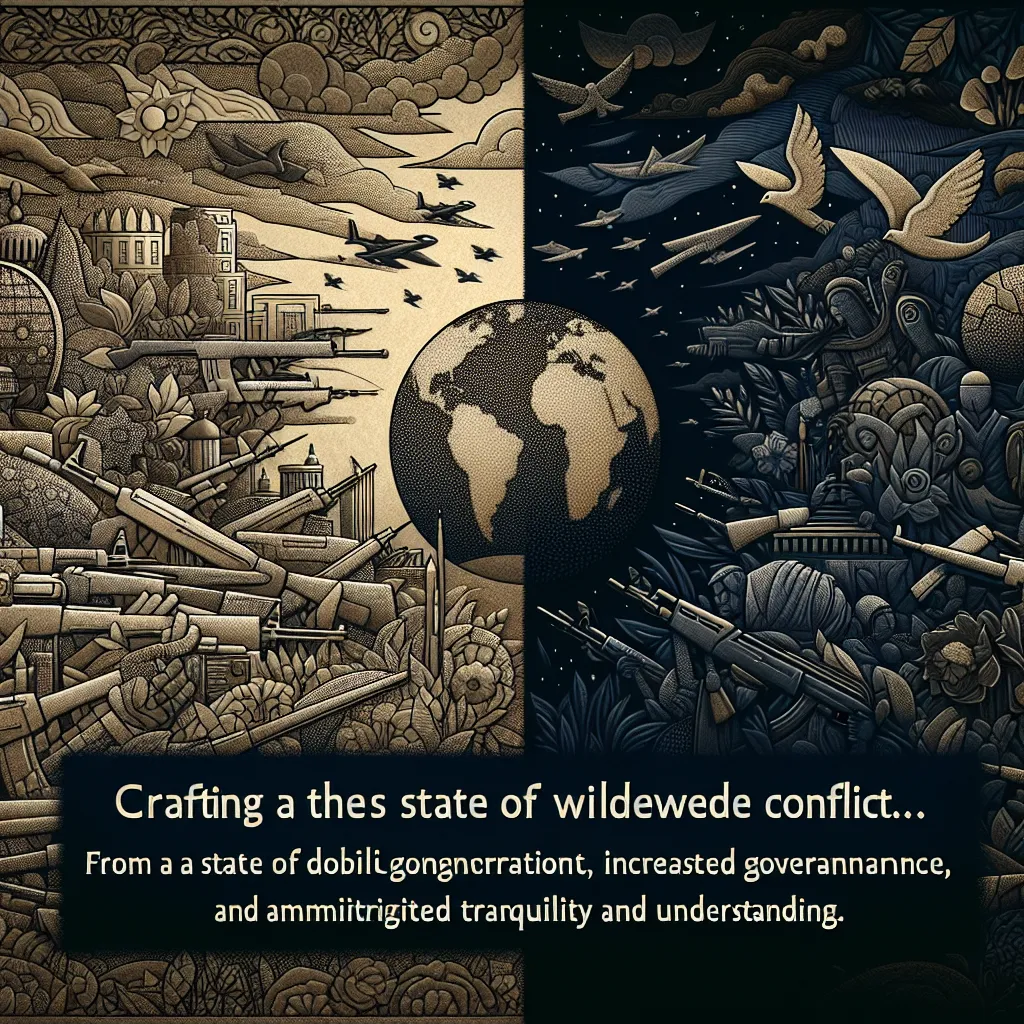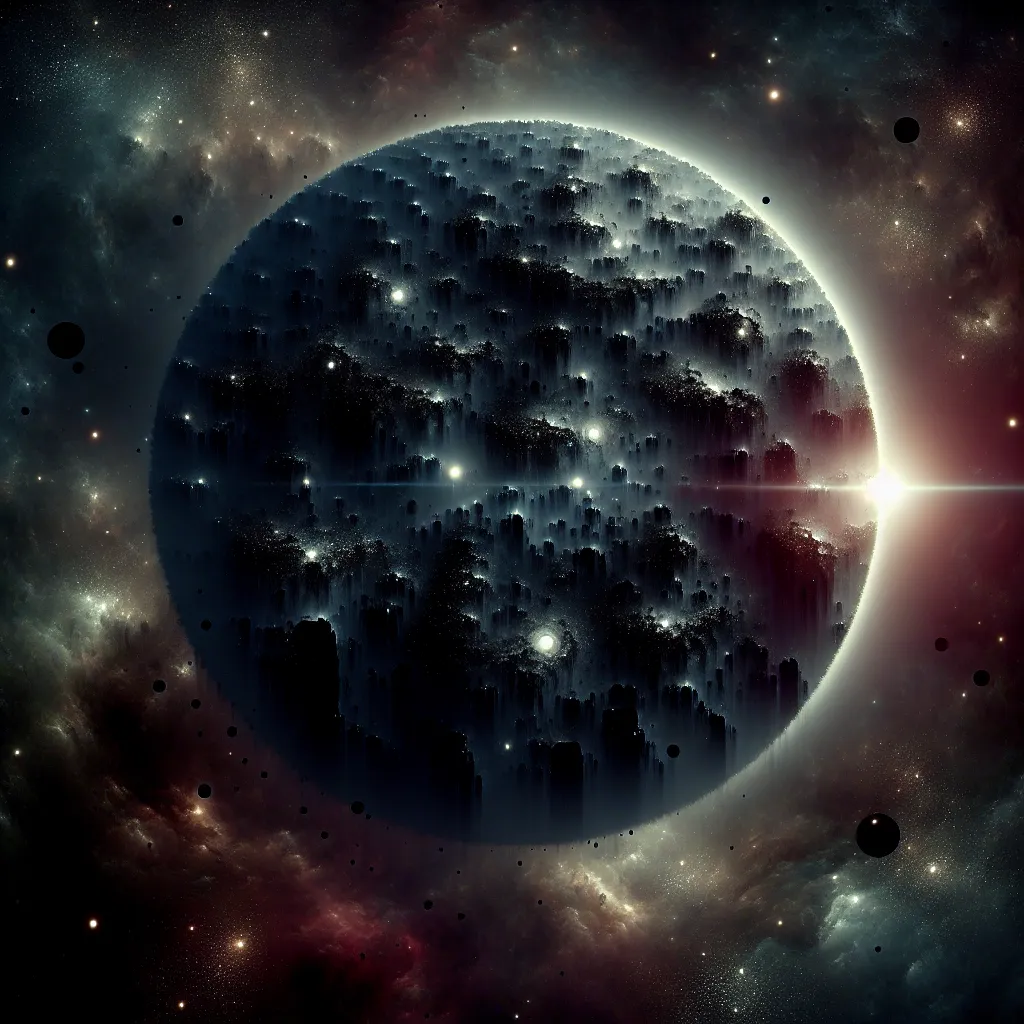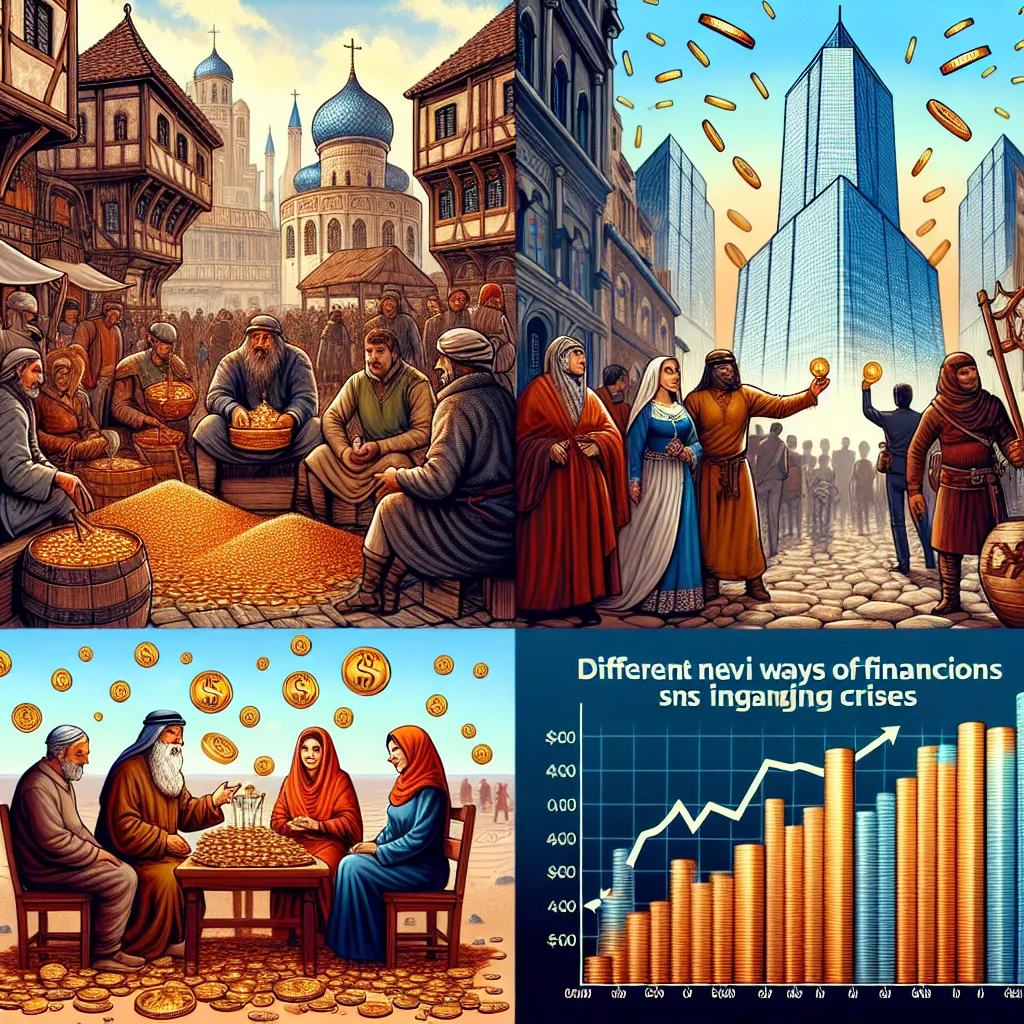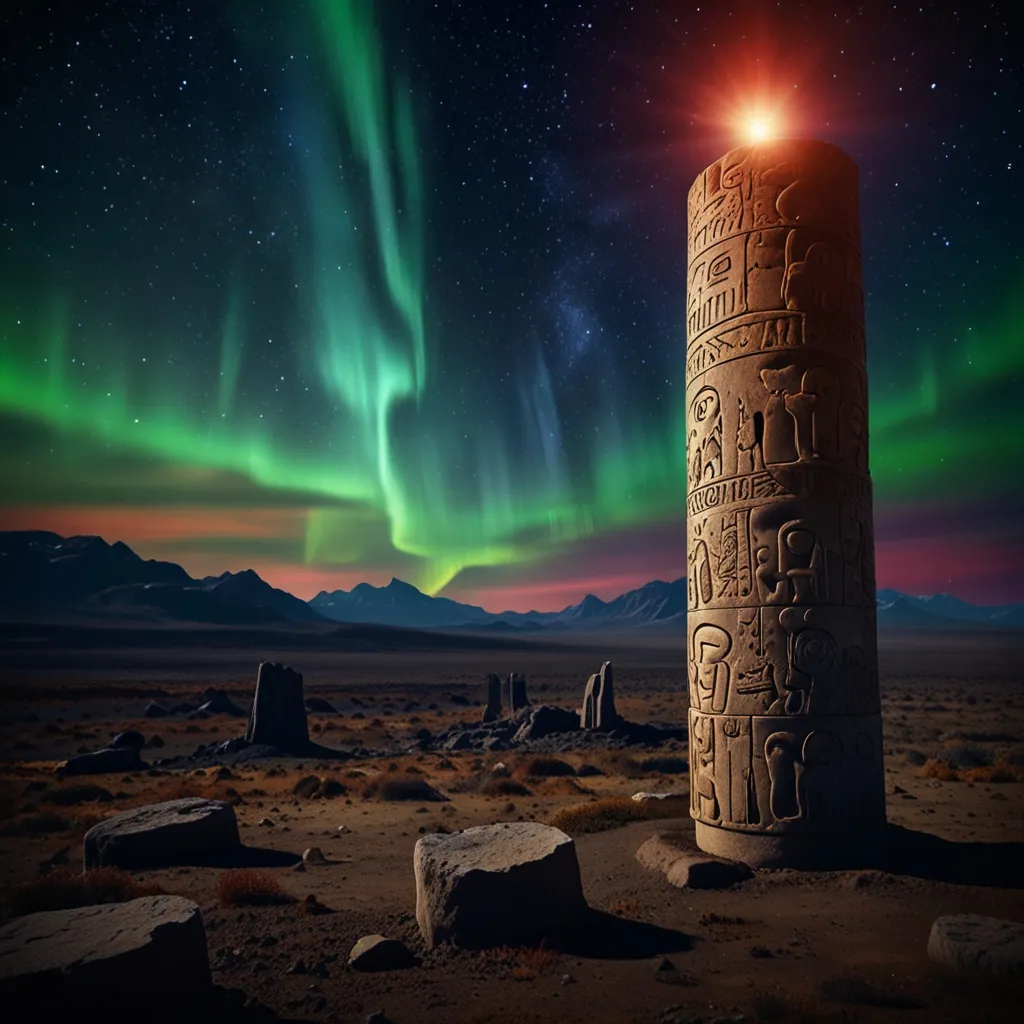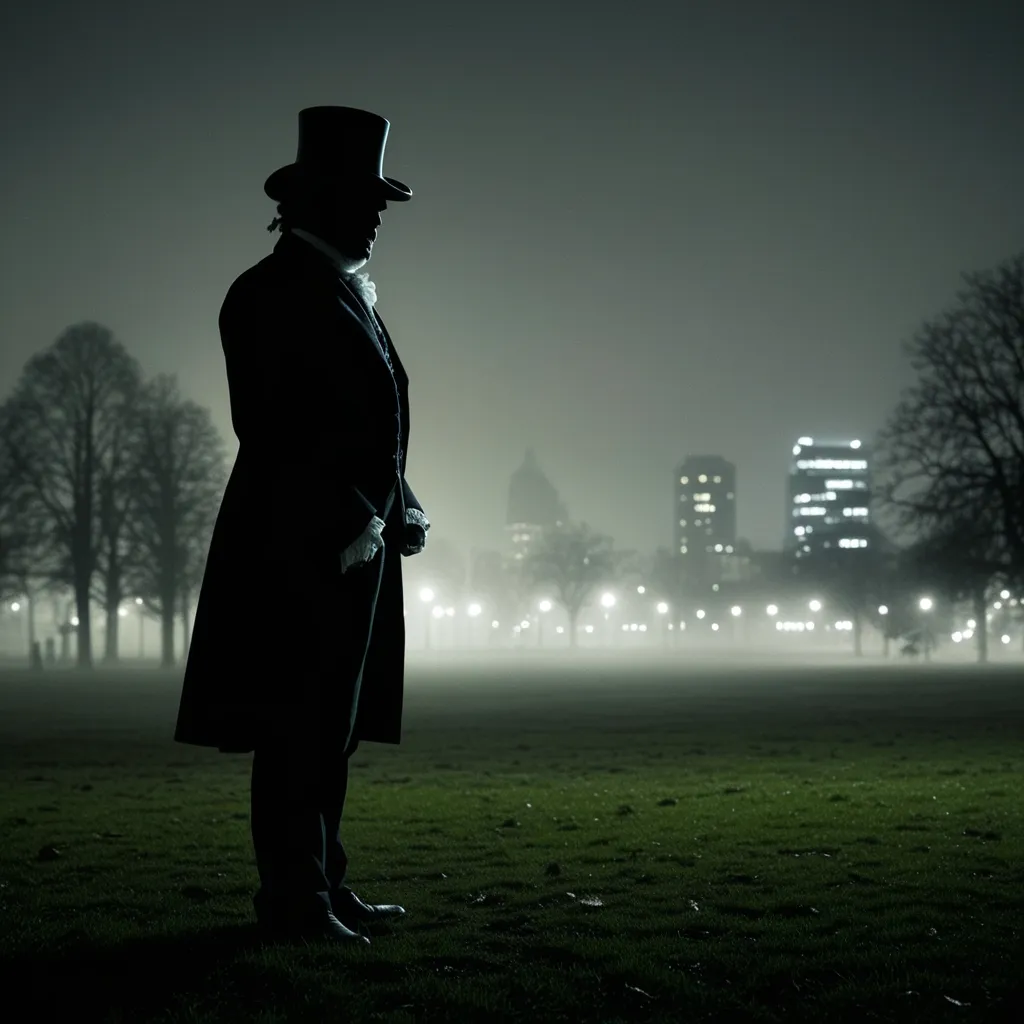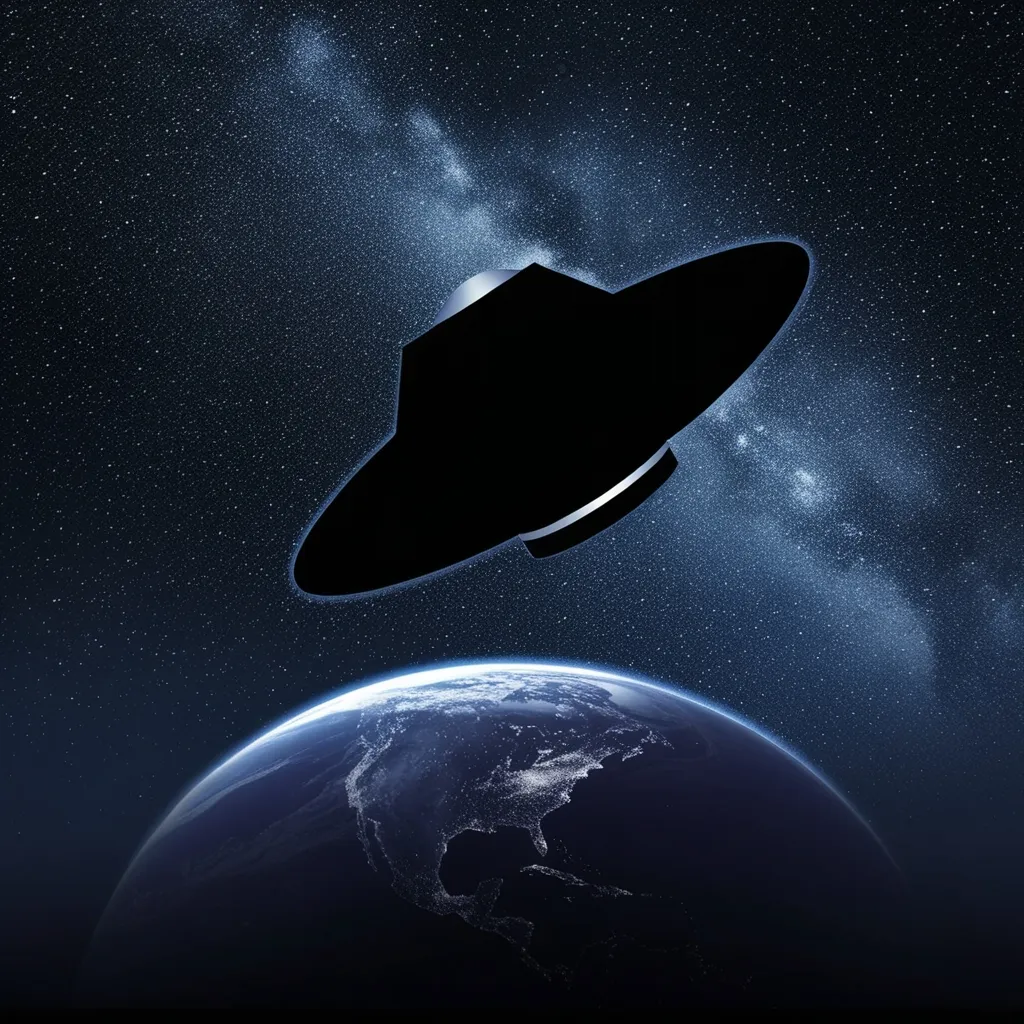As I delve into the realm of historical paradoxes, I find myself entangled in a web of intriguing and perplexing ideas that have challenged the minds of philosophers, scientists, and thinkers for centuries. These paradoxes, each with its unique set of complexities, force us to question our understanding of reality, identity, time, and the very fabric of existence.
Let’s begin with the Fermi Paradox, a conundrum that has puzzled astronomers and philosophers alike. The paradox arises from the stark contrast between the high probability of the existence of intelligent life elsewhere in the universe and the complete lack of evidence to support this notion. With billions of stars and potentially habitable planets, one would expect to see some sign of life beyond Earth. Yet, despite our advanced technology and extensive searches, we remain alone in the silence of the cosmos. This paradox raises fundamental questions about the rarity of intelligent life, the possibility of civilizations self-destructing before they can communicate with us, or even the existence of a “Great Filter” that prevents civilizations from becoming interstellar.
Moving from the vast expanse of space to the intimate realm of identity, we encounter the Ship of Theseus. This ancient paradox, rooted in Greek mythology, asks whether a ship that has had all its original components replaced over time remains the same ship. The story of Theseus’s ship, preserved by the Athenians who gradually replaced its planks, serves as a metaphor for the human experience. As we grow and change, replacing cells, thoughts, and even parts of our bodies, are we still the same person? This paradox delves into the heart of personal identity and challenges our conventional understanding of continuity and change.
The Bootstrap Paradox, another mind-bending conundrum, involves the concept of time travel and the origins of objects. Imagine a time traveler who goes back in time and gives a younger version of themselves some information or object that they already possess. Where did this information or object originally come from? If the time traveler received it from their younger self, then who actually created it? This paradox highlights the potential inconsistencies in time travel narratives and forces us to consider the origins and causality of events in a non-linear timeline.
Closely related to the Bootstrap Paradox is the Grandfather Paradox, which explores the consequences of altering the past. If a time traveler were to go back in time and kill their own grandfather before he had children, then the time traveler would never have been born. But if the time traveler was never born, who killed the grandfather? This paradox underscores the importance of causality and the potential for logical inconsistencies in time travel scenarios. It suggests that any attempt to alter the past in a significant way would be self-preventing, ensuring that the timeline remains consistent.
The Omnipotence Paradox, a classic in philosophical debates, questions the nature of power and its limits. If a being is all-powerful, can it create a rock so heavy that it cannot lift it? If it can create such a rock, then it is not all-powerful because it cannot lift it. But if it cannot create such a rock, then it is also not all-powerful because it lacks the ability to create it. This paradox exposes the inherent contradictions in the concept of omnipotence and challenges our understanding of what it means to be all-powerful.
In a more whimsical yet thought-provoking vein, we have the Potato Paradox. This paradox involves a man who buys a potato for $100, sells it for $120, and then buys it back for $120, only to sell it again for $100. Despite the transactions, he claims to have made a $20 profit. The paradox arises because, on the surface, it appears he has broken even, yet he insists on the profit. This paradox highlights the importance of perspective and the way we account for transactions, revealing how our perceptions can sometimes lead to illogical conclusions.
Lastly, there is the Paradox of the Court, a lesser-known but equally intriguing puzzle. Imagine a judge who is instructed to follow a law that states he must sentence anyone who breaks the law to death. However, the law also states that anyone who sentences someone to death without a trial is breaking the law. If the judge sentences someone to death without a trial, he is breaking the law and should be sentenced to death. But if he does not sentence the person to death, he is also breaking the law because he is not following the instructions. This paradox illustrates the potential for self-referential contradictions in legal systems and the importance of careful drafting to avoid such logical impasses.
These paradoxes, each in its own unique way, challenge our fundamental understanding of the world. They force us to confront the limits of our knowledge and the complexities of reality. The Fermi Paradox makes us ponder the existence of life beyond Earth, while the Ship of Theseus questions the continuity of identity. The Bootstrap and Grandfather Paradoxes delve into the intricacies of time travel and causality, and the Omnipotence Paradox probes the limits of power. The Potato Paradox and the Paradox of the Court, though seemingly trivial, reveal the importance of perspective and the potential for logical inconsistencies in our daily lives.
As we grapple with these paradoxes, we are reminded that our understanding of the world is always provisional and subject to revision. They invite us to think creatively and critically, to question our assumptions, and to seek new perspectives. In the end, it is not about resolving these paradoxes but about the journey they take us on—a journey through the labyrinthine corridors of logic, philosophy, and human curiosity.
